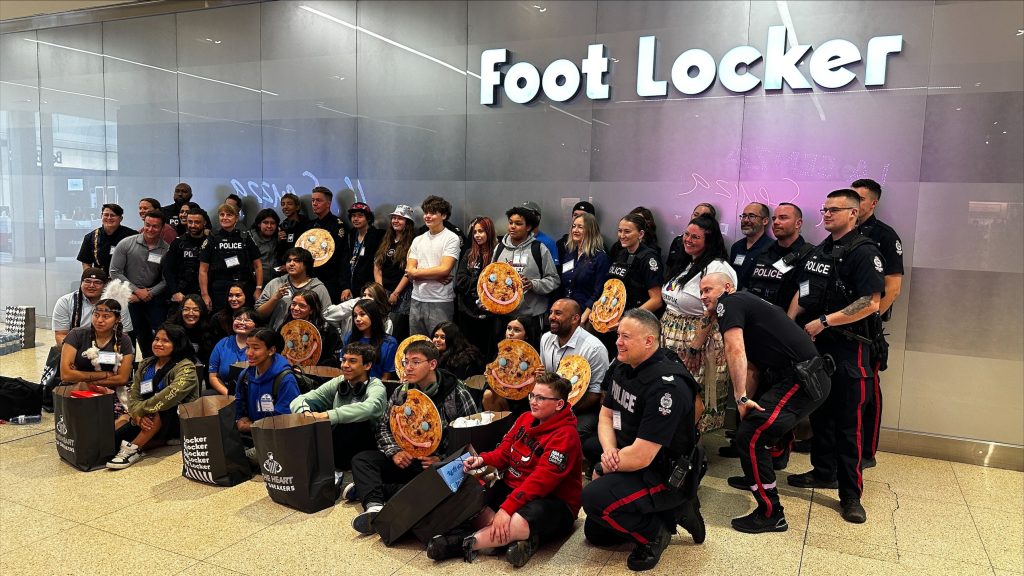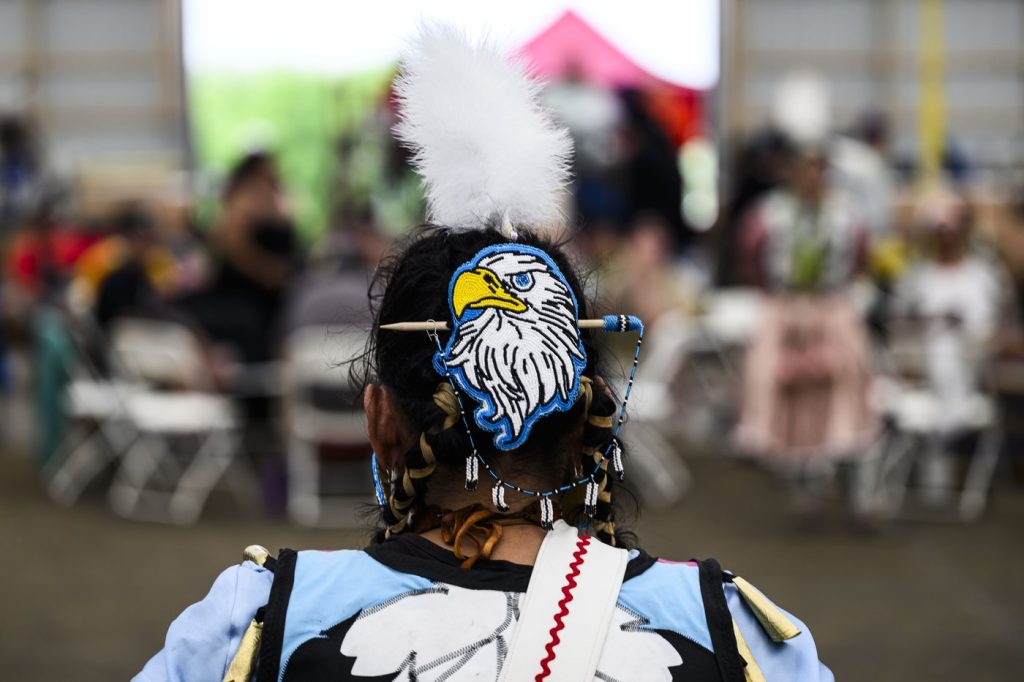What Canada’s 10 Indigenous MPs can do for First Nations communities

Posted September 21, 2021 7:50 pm.
Last Updated September 21, 2021 8:13 pm.
WINNIPEG (CityNews) ─ There was a historic number of Indigenous candidates on the federal ballot for the 2021 federal election.
As results continue to come in, it appears Indigenous candidates will be elected in 10 ridings across the country.
The question for some: will Indigenous voices and issues be heard in Ottawa moving forward?
According to the Assembly of First Nations and The Canadian Press, at least 75 Indigenous candidates ran in the election. That surpassed the previous record of 62 in 2019.
“We needed them, so good on them, and some of them actually got in so we are very pleased about that,” said Lynne Groulx, CEO of the Native Women’s Association of Canada.
“There is no other way that we are going to resolve these human rights issues and the genocide that has occurred and is still occurring in Canada unless we really get in there and fight for our rights.”
Groulx doesn’t think there is enough Indigenous representation in Ottawa.
She wants longstanding human rights issues to be addressed and solved, such as access to clean drinking water, the housing crisis on reserves, and the horrors of missing and murdered Indigenous women and girls.
But Groulx says even with 10 Indigenous members elected to Parliament, each person will face unique challenges.
“This is systemic racism and systems that are in place that are not Indigenous, they are colonial systems, so it’s absolutely built into every layer of the bureaucracy,” she said. “You know maybe we need to talk about and think about an Indigenous Peoples of Canada party, because it’s not the best fit trying to fit ourselves into a system that’s not ours.”
READ MORE:
- French leaders’ debate overlooked Indigenous issues, had no decisive victor: expert (Sept. 8)
- Have Indigenous issues taken a backseat during this federal election campaign? (Sept. 14)
Lisa Muskwagon, an artist and member of Pimicikamak Cree nation, says issues in northern Canada around failing railway lines to Churchill, Man., lack of housing, poor internet access, and inadequate medical treatment options for those living in remote northern communities must be voiced in Ottawa.
Muskwagon says it’s problematic that in the past, when politicians have given attention to these issues, potential solutions crumble under the bureaucracy.
“I think there still needs to be some work done definitely in politics at the grassroots level, educating our young people and reminding them that, ‘hey our aunties can be MPs, they can run for a seat in the House of Commons.’

David Chartrand, president of the Manitoba Metis Federation, was pleased to see seven Metis candidates running in the election in Manitoba and is optimistic about the results.
When it comes to Indigenous representation in Ottawa, Chartrand says there could always be more. He believes that with the current government, he will be able to soon settle longstanding land claim disputes that have persisted and plagued the Metis Nation for more than 150 years.
“The federal government is really hitting the nail on the head making sure Indigenous priorities are important.”








